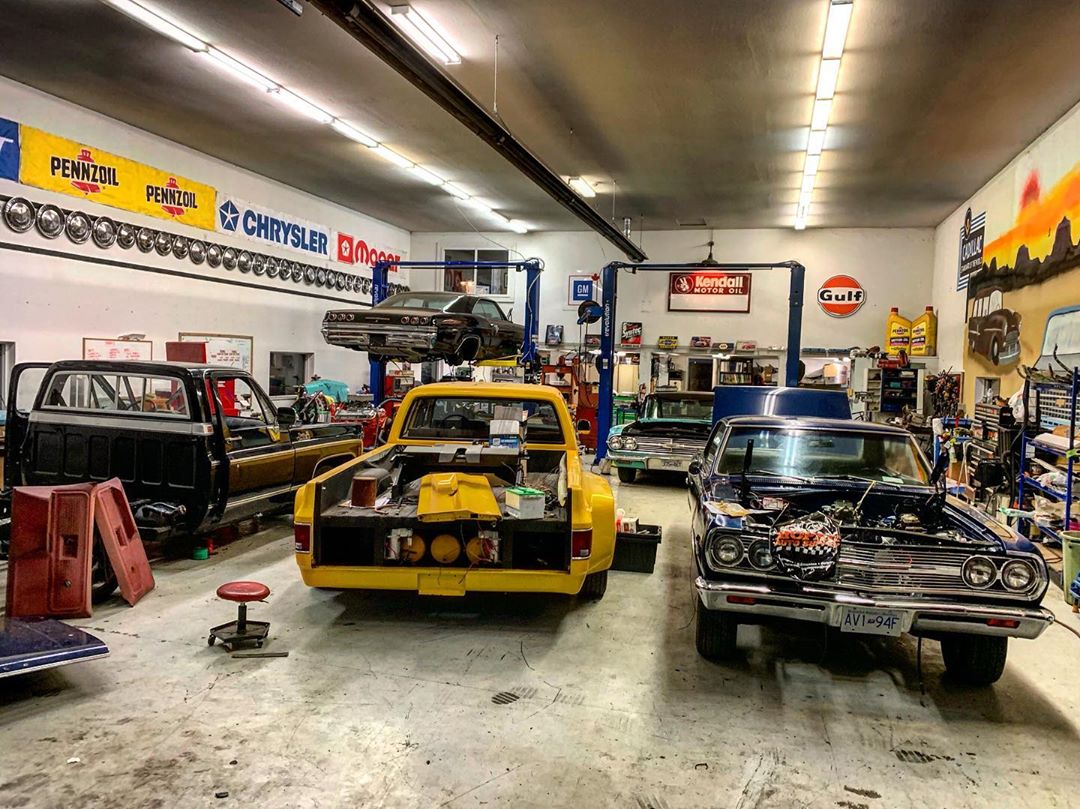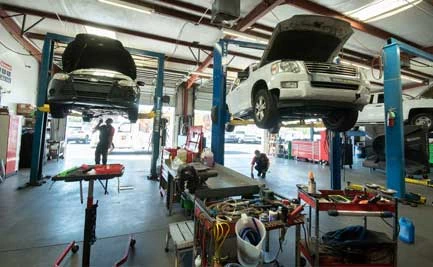All Categories
Featured
Regular car servicing is key to guaranteeing the security, performance, and durability of your automobile. In this guide, we'll break down the vital considerations to aid you determine the perfect servicing timetable for your car.
- Comply with the Producer's Referrals. The top place to search for guidance is your vehicle's proprietor's handbook. Suppliers offer an in-depth maintenance schedule customized to your specific automobile version. This routine typically details solution intervals for oil modifications, filter replacements, tire turnings, and inspections of essential components like brakes and suspension.
For many modern-day cars, servicing periods are often based on mileage or time, whichever precedes. :
Oil changes: Every 5,000 to 10,000 miles or every 6-12 months, depending upon the sort of oil utilized. Significant solutions: Usually every 30,000, 60,000, or 90,000 miles. Sticking to the maker's referrals ensures your car remains in optimum condition.
- Consider Your Driving Behaviors. Your motoring design and behaviors play a considerable role in identifying how usually your car needs maintenance. If you regularly drive under serious conditions, such as stop-and-go city web traffic, severe temperatures, or dirty environments, your cars and truck may need even more constant maintenance. Additionally, if you use your vehicle for pulling heavy lots or drive cross countries routinely, components like the engine and brakes might wear out quicker.
- Take Note Of Indication. In some situations, your vehicle might require servicing earlier than the set up period. Be on the hunt for indication such as:
Unusual sounds from the engine or brakes. Reduced gas efficiency. Dashboard warning lights, such as the check engine light. Trouble beginning the vehicle. Resolving these issues immediately can protect against minor problems from escalating into costly repair services. 4. Seasonal Upkeep Checks. Seasonal adjustments can affect your vehicle's efficiency, particularly in severe climate condition. :
Before winter months, inspect your battery, tires, and heating unit to guarantee they await cool climate. In summer season, guarantee your cooling system is functioning effectively to avoid overheating. Setting up seasonal exams helps your automobile remain reliable year-round.
- Advantages of Normal Maintenance. Routine cars and truck maintenance provides countless benefits, including improved safety, far better gas efficiency, and a longer life-span for your automobile. It also assists maintain your cars and truck's resale value, as possible buyers are a lot more most likely to trust an automobile with a constant maintenance history.

Conclusion. The regularity of servicing your auto depends upon numerous elements, consisting of manufacturer standards, your driving habits, and environmental conditions. Generally of thumb, constantly consult your proprietor's manual and don't neglect caution signs or unusual habits from your vehicle. Regular servicing is an investment that guarantees your vehicle remains secure, dependable, and efficient for several years to come. By staying positive, you can enjoy peace of mind and a smooth driving experience.
Latest Posts
Exceptional Fence Craftsmanship for Every Home or Business
Uncomplicated Bathroom Transformations with Our Quick, Tailored Solutions
Discover Stunning Fencing Solutions in Action
